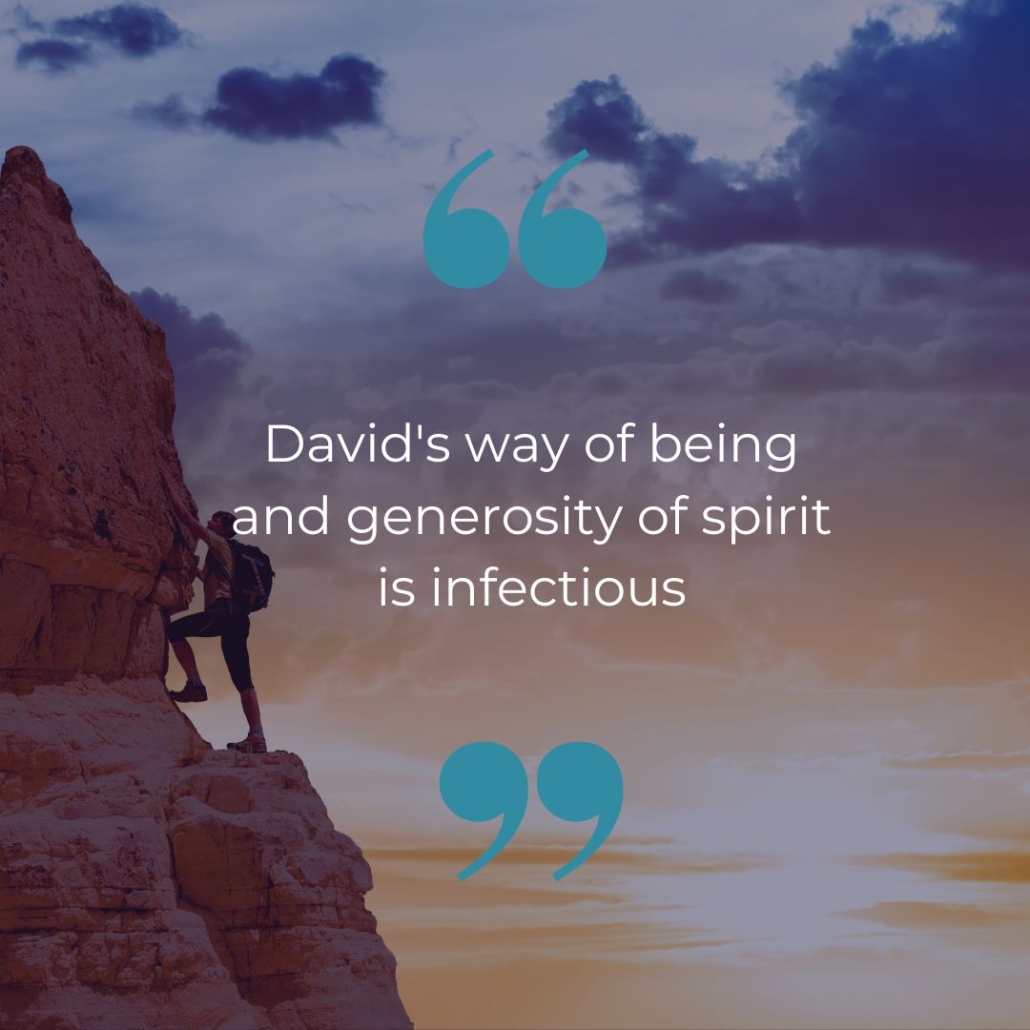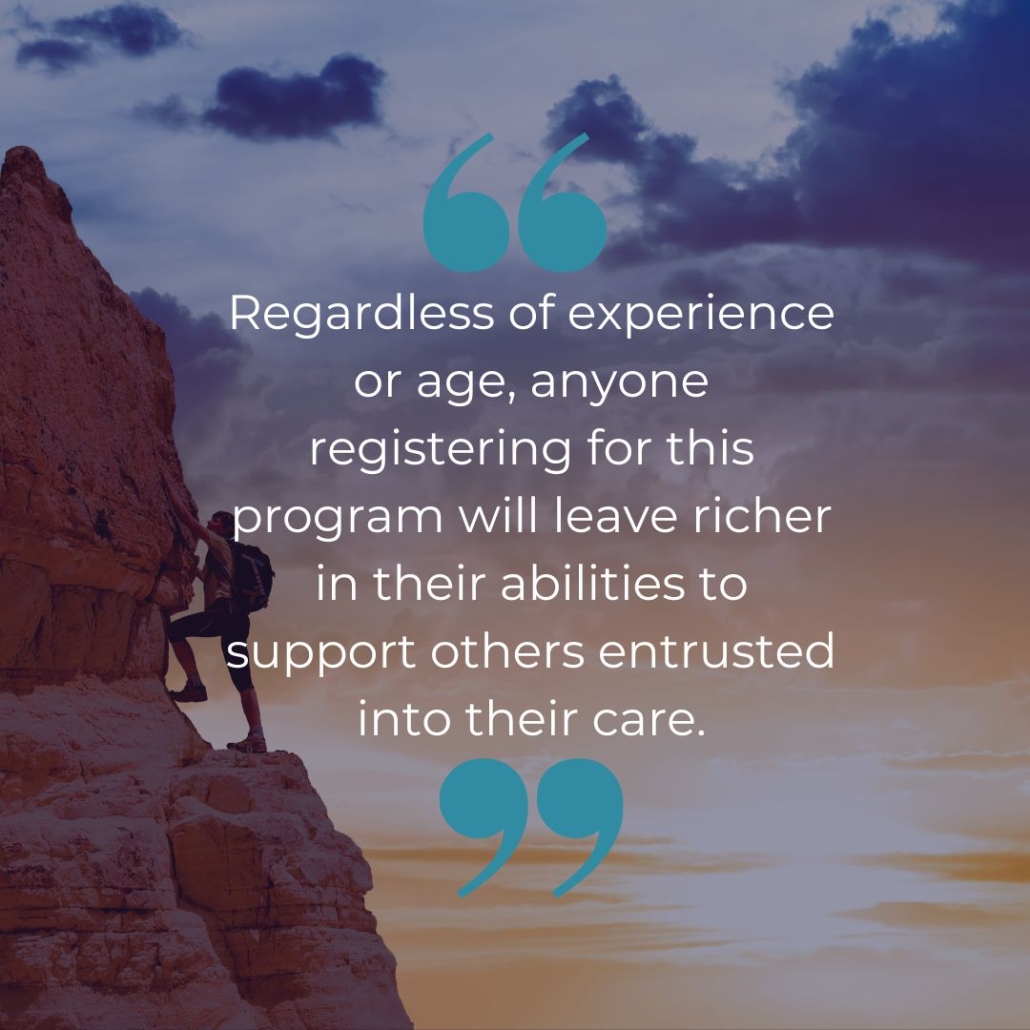When Justin was early in recovery from a brutal, deadly five-year crystal meth addiction, his withdrawal symptoms were debilitating and painful, including excruciating paranoia and an inability to sleep. Some of his paranoia was grounded in reality. He had drug dealers and gang members breathing down his neck.
His grandmother, who was caring for him and desperate to help, asked if he wanted to go to church with her. “Maybe Jesus can help you sleep,” she said one Sunday morning. Justin had no interest in Jesus but liked his grandmother and had nothing else to do, so he went along.
It turned out that he got so bored with the sermon that he fell asleep.
Week after week, he kept going. And every week he would sleep through the service. He became a permanent fixture in the congregation. Often you could hear him snoring, but no one disturbed him. They let him be. In fact, long after the congregation left, Justin would still be lying there, fast asleep. The pastor let him sleep in the chapel all Sunday.
When I asked him why he kept going to church, he said, “It’s the only place I feel safe enough to sleep.” He eventually became an active member in the church community. It was a big part of his recovery journey.
Acceptance of another is not without boundaries, expectations, or consequences; it’s not necessarily about agreement or condoning behaviors that we would not choose for ourselves. Instead, it is a deep and simple respect for another human being. It’s an understanding that transcends judgement, prejudice, and marginalization.
Acceptance is the cornerstone to belonging and becomes part of the foundation of a psychologically safe place to live and work. Our awareness of the importance of psychological safety to create high trust, highly engaged, productive organizations, has increased dramatically in recent years as employees demand better workplace cultures. Building a sense of acceptance and belonging with your team is a critical factor in building a high-performance culture in your organization.
I suggest three critical strategies for ensuring that you are building belonging around you:
- Take time to think about belonging on your team. Reflect on whether every team member knows that they belong, that their contribution is recognized and appreciated, and they feel accepted as a valuable member of the team.
- Reflect on your own inner state. Pay particular attention to how you handle stress, and how your emotional state creates either tension or inspiration in the people who depend on you.
- Look at your own values. Take an honest inventory of how you feel about the people on your team. Examine carefully where you have judgements and how it’s helping or hindering your success.







